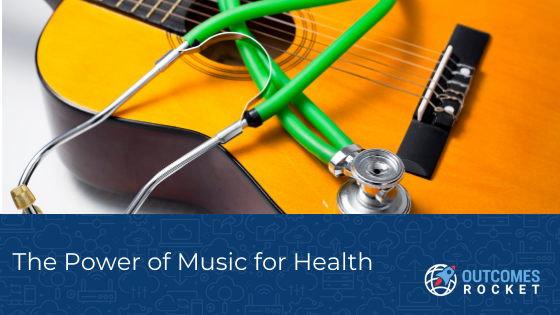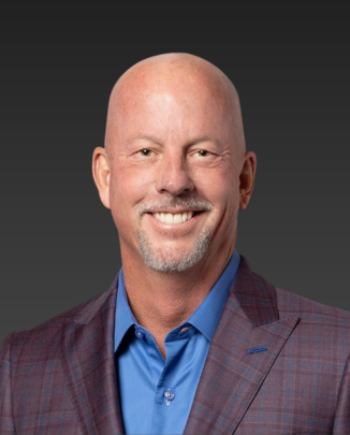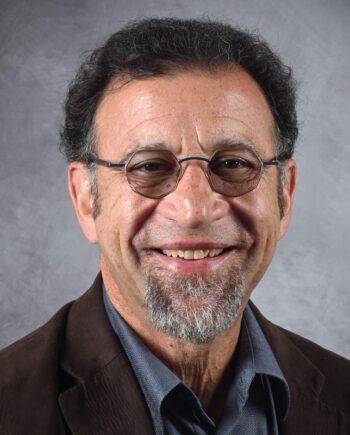
Music has always been a part of our lives. It has the power to move people in ways we can never imagine. If you have attended concerts and other musical performances, you can easily understand the power that music has on people.
Music has become so commonplace that for many people, it has already become a passing thing. But like the expression, ‘It’s the small thing that makes a big difference’ we forget that music has the power to influence our moods, emotions, thoughts, and actions.
Music’s ability to impact people has long been accepted by society though there was no clear and definite scientific basis.
It was only in the last 70 years that we have come to study music and its impact on us on a scientific level.
Today, we have numerous studies supporting music’s wide-ranging impact on emotions and mood. Studies have shown that when people listen to music, their emotions fluctuate, and the effect is to change their behavior (Orr et al., 1998).
Another study has shown that different languages, tempos, tones, and sound levels of music can cause different effects on emotions, mental activities, and physical reactions (Sakharov et al., 2005).
A 2006 study of 60 adults with chronic pain found that music was able to reduce pain, depression, and disability (Siedliecki et al,. 2006). Research has proven the benefits of music for people with depression and anxiety (Jasemi et al., 2016).
Music helps people cope with depression and boost emotion. Mozart may never replace Prozac, but it can temporarily ease depression with just a few chords.
Music is proven to be an excellent mood booster, but can it also help mental health.
Mental health is a growing concern among health practitioners in the U.S.
According to the National Institute of Mental Health (NIMH), nearly 47 million Americans experienced a mental illness in 2017. Early this year, the Forbes website published an article stating that many young people’s mental health is deteriorating. Major Depressive Episodes have increased by 4% in the last six years. Among adults, suicide ideation has also increased (Fisher, 2020)
These reports were done early in the year when COVID-19 had not yet ravaged the country. But now that we are in the middle of this pandemic, many news reports are saying that the pandemic is taking a toll on the mental health of US residents.
With people, patients, and front liners suffering alike because of the pandemic, we need music that can improve our moods, help us reduce stress, make us feel good, and boost our energy.
That is the goal of Spiritune.
Spiritune is a music-based app that utilizes principles of neuroscience and music therapy to reimagine music for health outcomes such as stress reduction, emotional regulation, productivity, and performance.
I had the opportunity to interview Jamie Pabst, Founder and CEO of Spiritune, and she shared an anecdote that motivated her to start the company.
“My inspiration around my work in sound and its relevance to health stems from my birth story. My mom lost her hearing when she was pregnant with me due to a rare condition called Otosclerosis that can be triggered by hormonal imbalance. Being raised by a mother with hearing loss, I gained this deep appreciation for the sense of sound in a way that most people don’t experience.”
Jamie’s personal story of her mother’s hearing loss, coupled with her personal experiences of turning to music in her own difficult times, made her realize firsthand the therapeutic benefits of music and the opportunity to use music as a reliable, everyday tool for stress and mental health.
Along with those realizations came the insight that if music could help her, it could help others too. That propelled Jamie to start Spiritune.
One of the things that stood out in my interview with Jamie is when she said that stress, when not properly addressed, can be damaging to one’s health. Its consequences can span from headaches to heart disease, anxiety, and depression.
It is not all bad news. According to Jamie, “The good news is that stress reduction doesn’t need a complex solution. If the stress is identified and addressed early, things like music can be highly effective.”
Because music has a powerful effect on our brain, Spiritune can reduce stress and regulate emotion.
Jamie further stated, “What’s cool is we’re taking a familiar part of someone’s everyday life, like music listening, and reimagining it and rebuilding it for health outcomes through music therapy principles and neuroscience research. So, it automatically becomes a pretty simple and easy solution that doesn’t require a lot of behavior change for folks.”
Spiritune is doing its part in providing stress relief. It is currently being used in a senior living facility to help ease feelings of anxiety and stress among direct staff caregivers.
Leveraging music, technology, and innovation, Spiritune is designing, composing, and delivering personalized music via an iOS app that can integrate into headphones, smart speakers, etc. No matter when or where you are, you can access it and enjoy a boost in energy, positivity, and performance.
Listen to my insightful conversation with Jamie here: https://outcomesrocket.health/spiritune/2020/07/
Are you a health entrepreneur like Jamie? Do you have an innovative solution to healthcare’s problems? Are you looking for a way to spread your message to fellow thought leaders and healthcare professionals? If you are, come join us and be a guest in Outcomes Rocket, the shared hub for healthcare’s toughest problems.
According to the 2020 Centers for Disease Control and Prevention report, roughly 34.2 million Americans have diabetes,...
Read MoreAs a farmer, Rod was used to long days. He worked 18 hours a day, 7 days...
Read MoreWith investors receiving hundreds of pitch decks every year, how do you create a compelling presentation that...
Read More
Brittany Busse Co-Founder, President, and Chief Medical Officer at
ViTelHealth


Stephen Thorne Founder and CEO at
Pacific Dental Services

Keith Carlson Nurse Career Coach